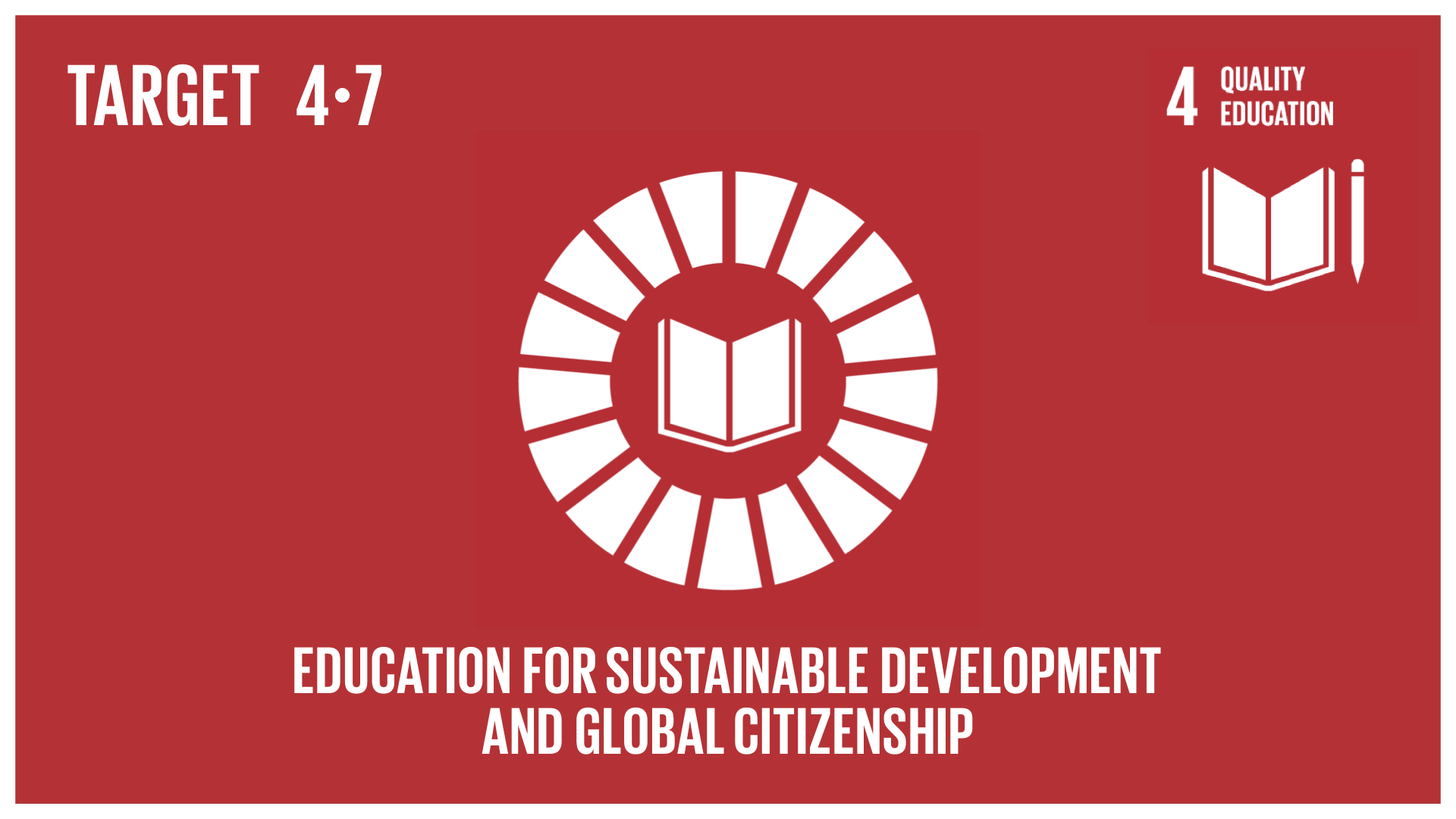Human Rights Education
Human rights education is a driving force for building peaceful and just societies; it contributes to the prevention of human rights violations and abuses and promotes equal development outcomes.
Knowledge about human rights is an important step towards being empowered to claim these rights as human rights defenders. To secure a safe and enabling environment for defenders, states must ensure that the rights and obligations in the UN Declaration on Human Rights Defenders are known and understood. Human rights education can be performed in a variety of ways, such as through formal education and professional training programmes for governmental officials, law enforcement officers, and legal practitioners; like lawyers and judges. It can also be training programmes to empower groups of rightsholders such as children, women and persons with disabilities. Facilitating and providing human rights education is also an important function undertaken by human rights defenders. In some contexts, they are celebrated for it, while in others they are persecuted.

